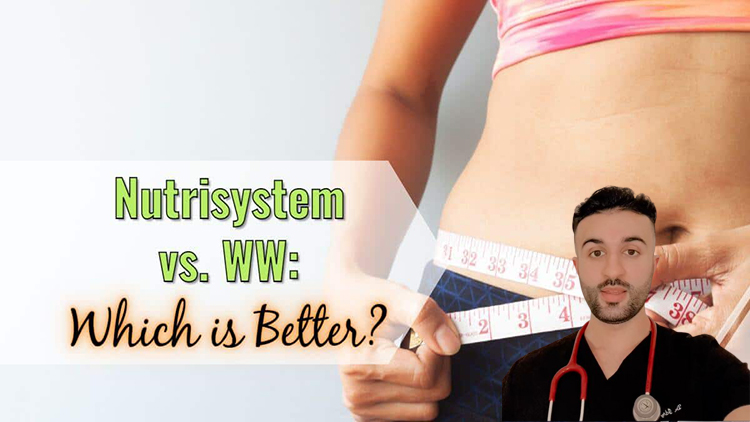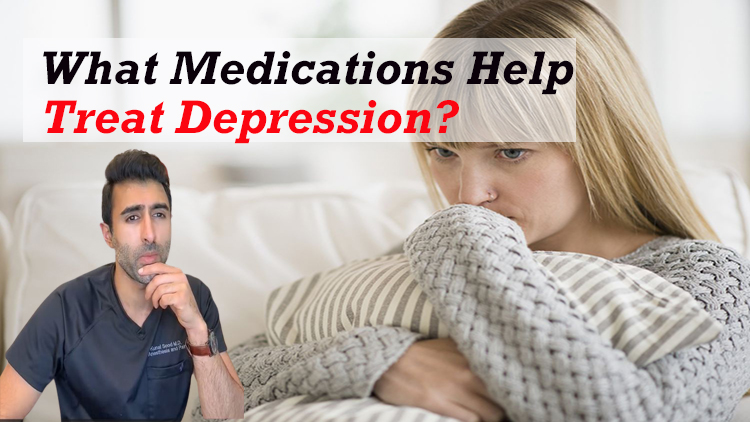
Researchers say people who skip breakfast have a slightly higher risk of cardiovascular disease.

Breakfast really may be the most important meal of the day, especially when it comes to your heart.
A new study from the University of Iowa has concluded that skipping breakfast can have a negative effect on cardiovascular health.
The research, which was published in the Journal of the American College of Cardiology, stated that people who never ate breakfast had an 87 percent higher risk of death from cardiovascular disease compared to those who ate breakfast every day.
“Breakfast is generally believed to be the most important meal or one of the most important meals of the day,” Wei Bao, author of the study and assistant professor of epidemiology in the University of Iowa College of Public Health, told Healthline.
“Healthy eating plays a major role in the prevention of cardiovascular disease,” Bao added. “This has been clearly documented by the American Heart Association and other organizations.”
“However, previous studies mainly focused on the content of what people eat. Not much is known about how people organize their meals. This is the first study to link skipping breakfast to cardiovascular death,” he said.
Bao and colleagues examined data from the annual National Health and Nutrition Examination Survey from the Centers for Disease Control and Prevention.
The researchers focused on 6,550 people in the United States between the ages of 40 and 75 in a period spanning from 1988 to 1994.
Those surveyed were asked how often they ate breakfast. About 5 percent said they never ate breakfast, 11 percent said they rarely ate breakfast, 25 percent reported eating breakfast some days, and 59 percent reported eating breakfast daily.
The researchers then evaluated the health records of the study participants again in 2011.
After taking into account demographic, dietary, socioeconomic, and lifestyle factors as well as body mass index (BMI) and cardiovascular risk factors, the researchers concluded that those surveyed who never ate breakfast were at an 87 percent greater risk of death from heart disease.
In terms of raw numbers, the researchers reported that there were 415 cardiovascular-related deaths among the 3,862 people who ate breakfast regularly. That’s an unadjusted rate of 10.7 percent.
There were 41 cardiovascular related deaths among the 336 people who reported they never ate breakfast. That’s an unadjusted rate of 12.2 percent.
The difference between the two groups over the 17-year study period was 1.5 percentage points.
The researchers also reported they didn’t know what participants ate for breakfast or if they adjusted their eating habits over the study period.
Other experts interviewed by Healthline noted that what you eat and what else you do during the day are also important factors.
Benefits of breakfast
The benefits of eating breakfast are well-recognized among much of the medical community.
Eating breakfast provides calories to kick off the body’s metabolism and provide energy needed to get through the day.
Experts suggest skipping breakfast can lead to an increased risk of health complications, such as type 2 diabetes, high blood pressure, and obesity.
Lauri Wright, PhD, an assistant professor in public health at the University of South Florida, says Bao’s study is the latest in a long line of studies that suggest eating breakfast is good for you.
“There have been several large studies in Europe and Japan showing a link between skipping breakfast and risk factors for cardiovascular disease, such a high blood pressure, obesity, and smoking. This study is compelling in the association it found to cardiovascular death,” Wright told Healthline.
“Research shows that eating breakfast reduces daily calorie intake, increases satiety, improves the quality of our diet, and improves insulin sensitivity at the meals we eat the rest of the day,” she added.
“People who eat breakfast have healthier body weights. And now there’s growing evidence of the importance of breakfast to heart health.”
Starting the day off right
According to the American Heart Association (AHA)Trusted Source, people who skip breakfast are more likely to have diabetes, heart disease, and high cholesterol.
They’re also more likely to be overweight or obese, use tobacco, not exercise regularly, not get the amount of recommended nutrients they need, and eat more calories and added sugars the remainder of the day.
“Overall, not eating breakfast is a marker for being unhealthy and having an unhealthy lifestyle,” Penny Kris-Etherton, PhD, RDN, LDN, a professor of nutrition at Penn State University and chair of the AHA’s Council on Lifestyle, told Healthline.
“What we eat and also how we live our lives can affect body weight, waist circumference, and, in turn, cardiovascular disease,” she said.
Part of the problem, even among those who do eat breakfast, is that many people don’t know what a healthy breakfast is.
“A healthy breakfast is not an enormous plate of pancakes with whipped cream and syrup,” Kris-Etherton said.
She suggests people start with a healthy meal every day. Things such as a whole-grain cereal with fruit and skim milk or avocado on whole-grain toast are healthy options.
Kristin Kirkpatrick, MS, RD, LD, is manager of wellness nutrition services at the Cleveland Clinic Wellness Institute in Ohio. She says her eating habits are dependent on sunlight.
“I follow the rule to not eat when it’s dark outside, and that really dictates my breakfast eating habits. Obviously during the winter, I wait longer to eat. I also plan my first meal of the day based on when my last meal was the night before and what my workout regimen will be that day,” she told Healthline.
Experts say breaking the overnight fast is an important aspect of overall health.
“Some people think since the body is at rest it isn’t using any calories. But energy is needed to fuel the basic metabolic processes of life, such as heart beat. During the overnight fast, the body is pulling from its stores, which is why it’s important to break the fast in the morning,” Kirkpatrick said.
“Break the fast with healthy food choices. Grab a hard-boiled egg with avocado toast. Have Greek yogurt and berry parfait. Or make a veggie omelet,” she said. “These healthy choices will keep you fueled and energized while being good for your heart.”






